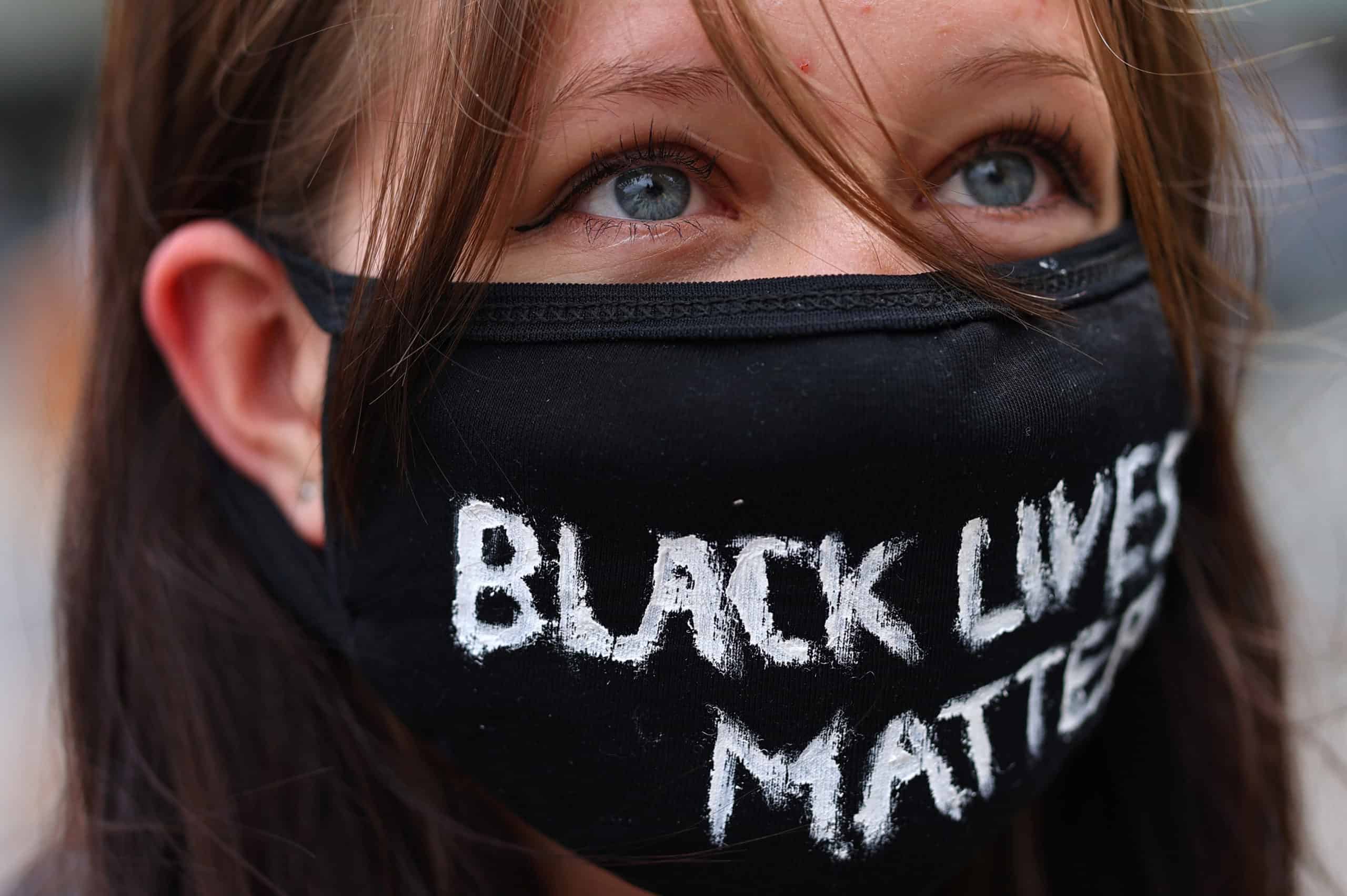How do we talk about race in the light of George Floyd’s murder and the surge of protests throughout the country? How do we talk about a legacy of racial violence that has recently manifested itself in the deaths of George Floyd, Breonna Taylor, and Ahmaud Arbery? How do I approach my family members, my friends, peers, colleagues, or co-workers? I write this post in the hope of providing helpful suggestions for white people engaging in conversations with other white people and people of color. I do not claim to be an expert or authority on racial dialogue. I offer these suggestions as a white male who has failed, sinned, and continues to grow in conversations about race I do have and choose not to have.
- Do your empathy homework
Before we condemn any violence caused by the protests, or discuss the morality of looting, or anything surrounding police violence, we should ask ourselves: “Have I taken the time to imagine what it would be like living in a black body in the U.S?” Have I imagined the immense fear when pulled over by the police? The sheer terror of what could result from jogging in my own neighborhood? Have I listened to the horrendous sound of gunshots that killed Ahmaud Arbery? Have I sat and stayed in the horror of watching a stoic knee pressed upon the neck of another human being for 8 minutes and 46 seconds?
Of course, any thought experiment could never allow a non-black person to fully understand what it would be like to inhabit a black body, but it changes the nature of the conversation. I shift from a posture of defensiveness and over-intellectualizing to having a compassionate, open-heart. I spent 8 years as a policy debater in high school, college, and as an assistant coach. I was exposed to contemporary race scholarship again and again, but I didn’t move away from a posture of defensiveness until I adopted a position of empathy. I was able to be more empathetic because of a friendship with another debater who was black. My empathy continues to be nurtured by friendships with non-white people.
- Embrace the Discomfort
Talking about race is difficult and can make white people feel uncomfortable, helpless, or guilty. A helpful way of overcoming this discomfort is to think of it like the pain of exercising our physical muscles. As race scholar and philosopher Jacquiline Scott explains, these conversations are hard because white people don’t often exercise their “racial muscles”. We opt for the easy way out or a “candy-bar” instead, talking about the impact of protesting and looting instead of focusing on the structure and history of racism in this country that devalues black life.
If we don’t exercise our racial muscles, we will never develop the strength necessary to engage in the depthful, honest, and risky conversations needed. No matter how difficult engaging in these conversations might seem, it is miniscule compared to the suffering of victims of racial violence. The least I can do for George Floyd, Breonna Taylor, and Ahmaud Arbery is engage in an uncomfortable conversation about race with a family member who cringes at the term “white privilege.”
- Pray
These conversations take courage, a gift of the Holy Spirit. We must implore the Holy Spirit to give us the courage to be vulnerable. It also means having the courage to have a conversation with a person of color experiencing deep pain, sorrow, and fatigue at the legacy of racism in this country.
A good place to start is with the account of the resurrected Jesus in the Gospel of John 20:19-23 where Jesus appears to the disciples in the locked upper room and comes bearing peace and the Holy Spirit. We can ask ourselves, “In what ways are we locked in our own upper room that prevents us from engaging wholeheartedly in racial dialogue? In what ways am I closed off from conversations about race? And where in my life do I need the Holy Spirit to give me courage and reveal the truth?” We can pray for the grace to have the Holy Spirit propel us out of the locked upper room and be sent forth as apostles promoting racial justice.
- Have Intellectual Humility
Many times I’ve engaged in dialogue, not only about race, where I’ve already decided the outcome of the dialogue before the dialogue begins. When talking about race, I need to ask myself, “have I acknowledged the possibility that I could be wrong?” Or have I entered the conversation with the resolution that I will defend whatever I already believe regardless of what I hear?
- Be Slow to Judge Others
We need to move to spaces with friction and disharmony, but a major barrier to some white people having frank conversations about race is that they fear condemnation. This prevents dialogue from occurring and the opportunity to truly hear black rage, suffering, sorrow, and pain. They also might fear judgment from other white people who try to prove their own innocence by shifting the blame to others.
The task as I see it involves creating spaces for white people and people of color to freely and authentically communicate their beliefs, thoughts, and feelings. Frank and profound dialogue cannot occur in spaces where someone expects condemnation and harsh judgement. Once people have been allowed to speak freely compassionate correction, clarification, and hopefully conversion can occur.
- Know that Dialogue Alone Isn’t Enough
While I know dialogue alone is not sufficient for racial justice, I do think it is an essential component. Without dialogue rooted in empathy, courage, prayer, and intellectual humility, we cannot achieve the potential progress described by the black Catholic theologian Bryan Massingale:
Stay in the discomfort, the anxiety, the guilt, the shame, the anger. Because only when a critical mass of white folks are outraged, grieved and pained over the status quo – only when white people become upset enough to declare, “This cannot and will not be!” – only then will real change begin to become a possibility.
*****
These are some guidelines that have helped me in my journey. If you find them helpful or would like to challenge me, please feel free to reach out and we can proceed in dialogue.


